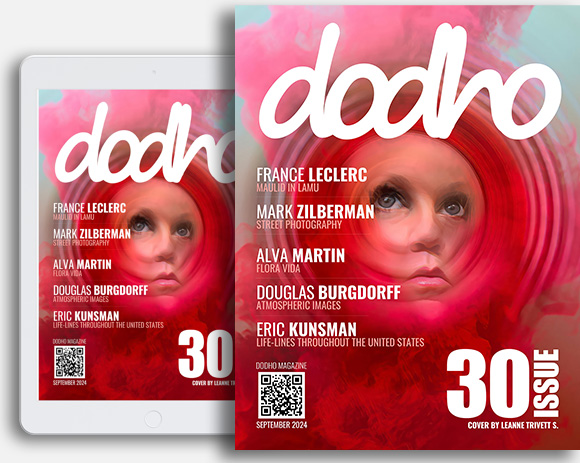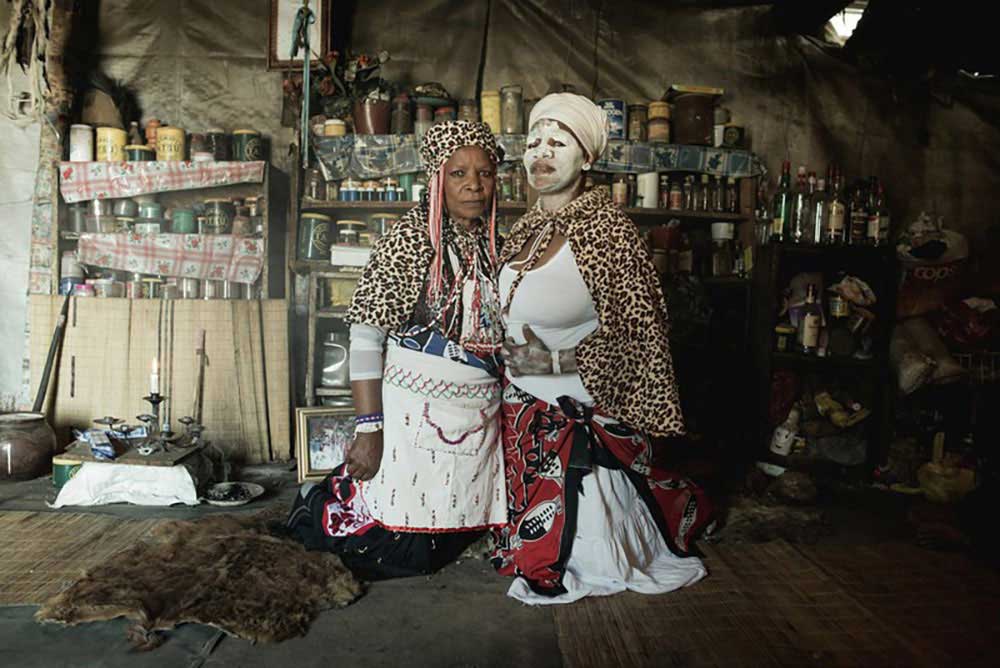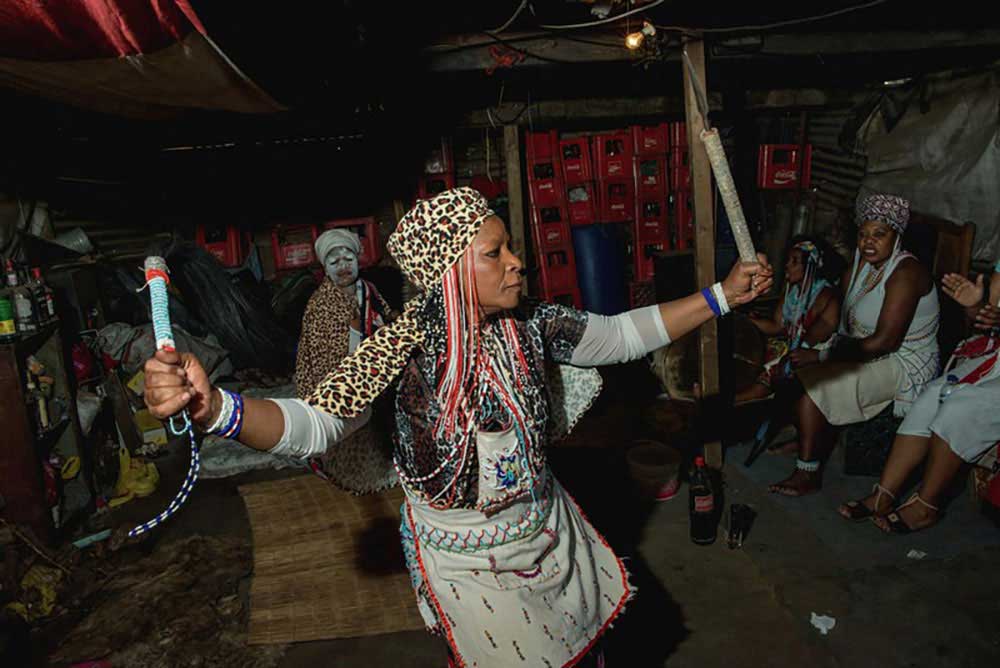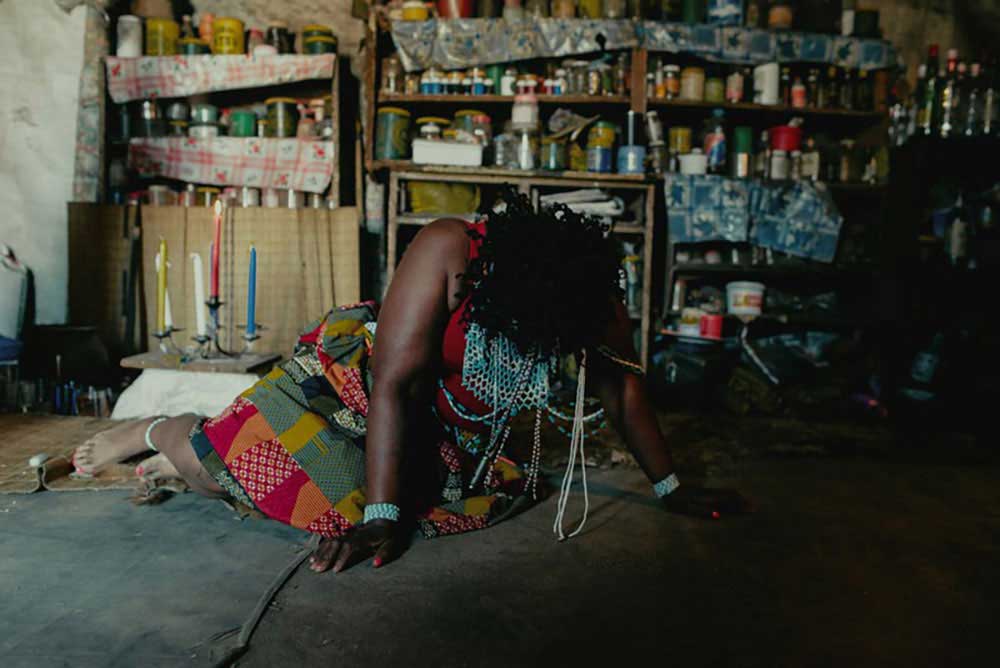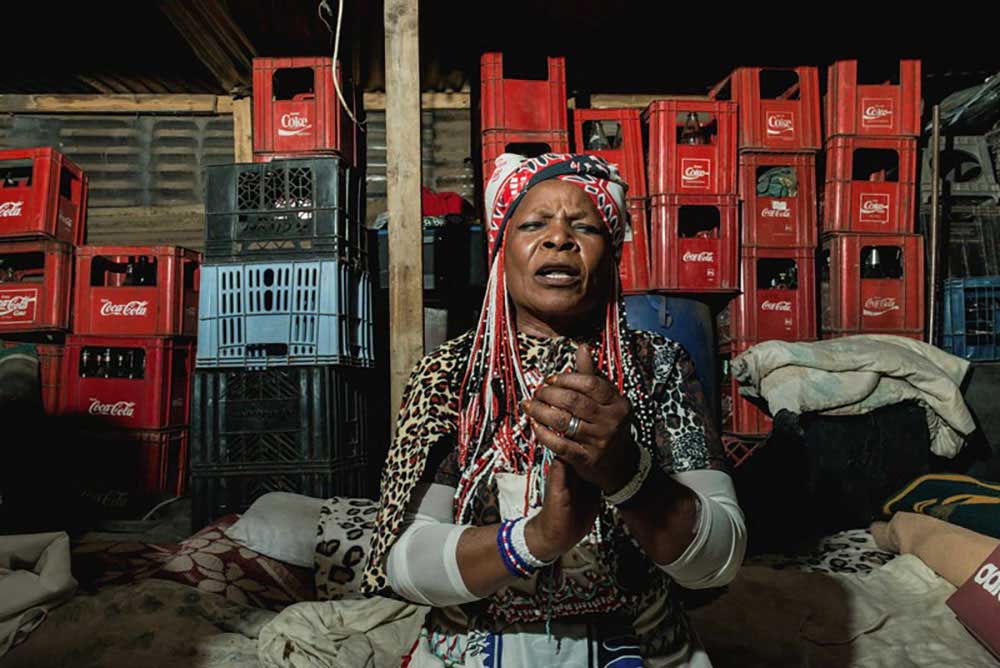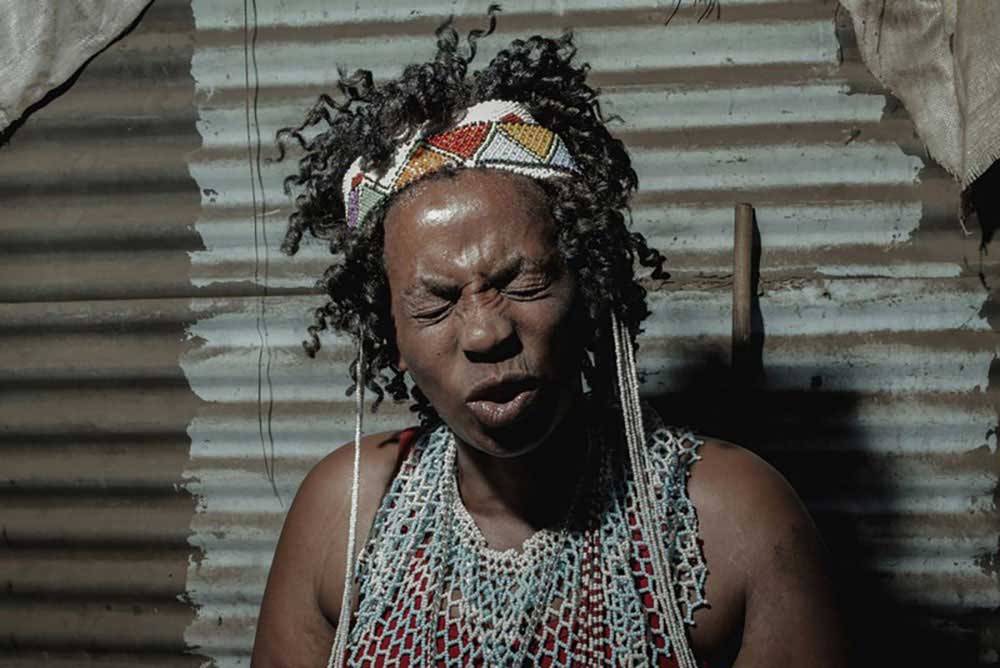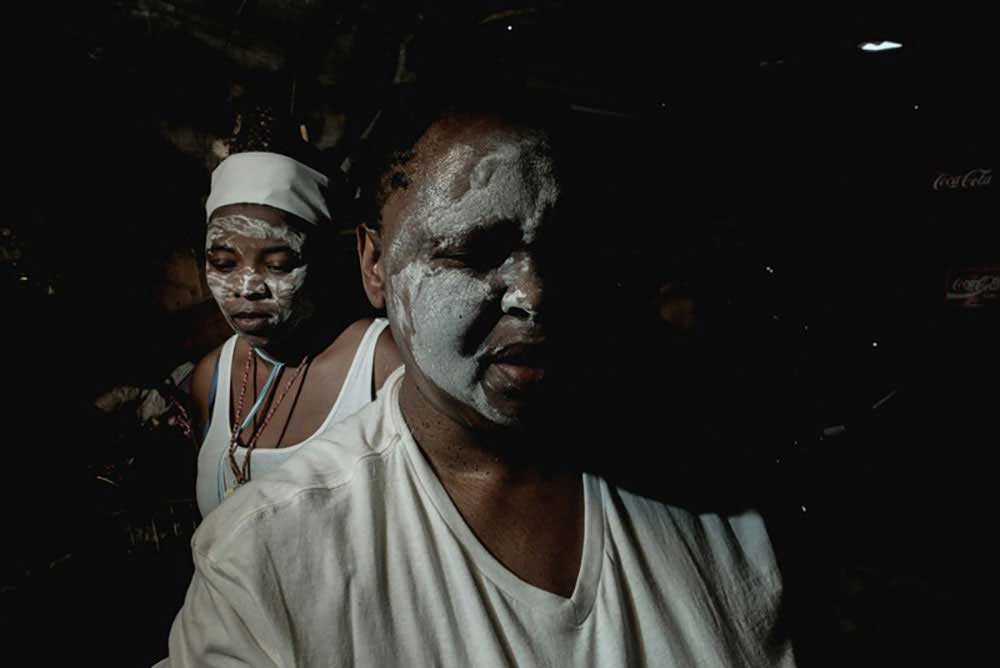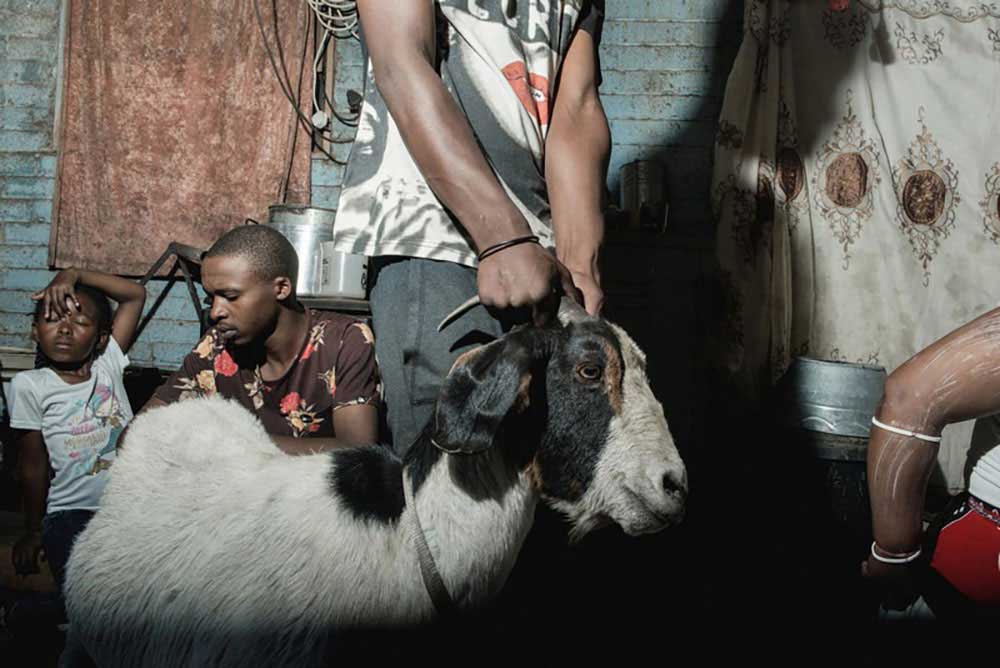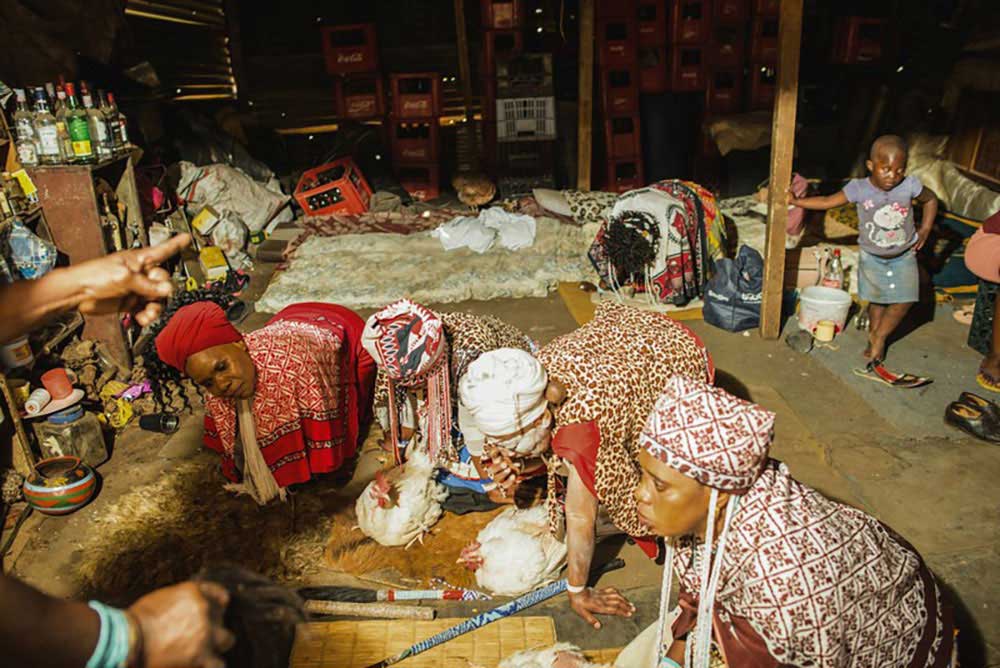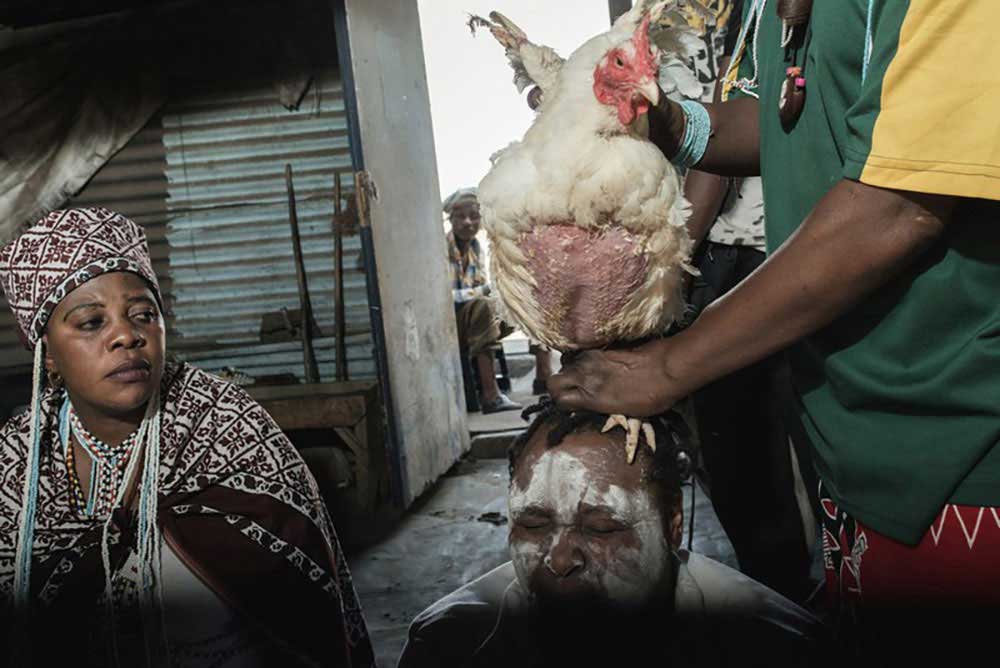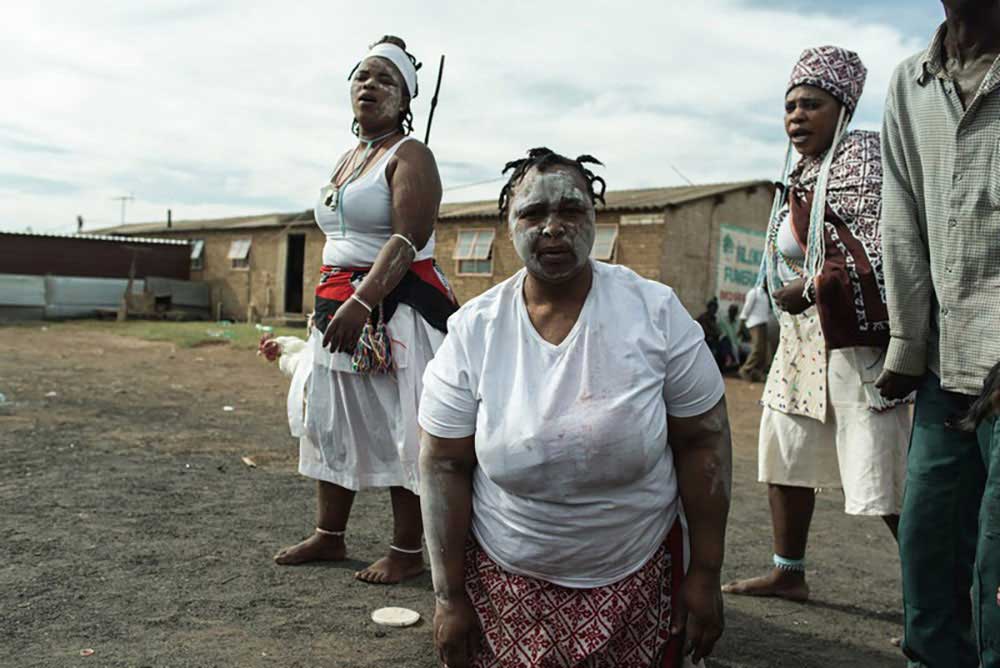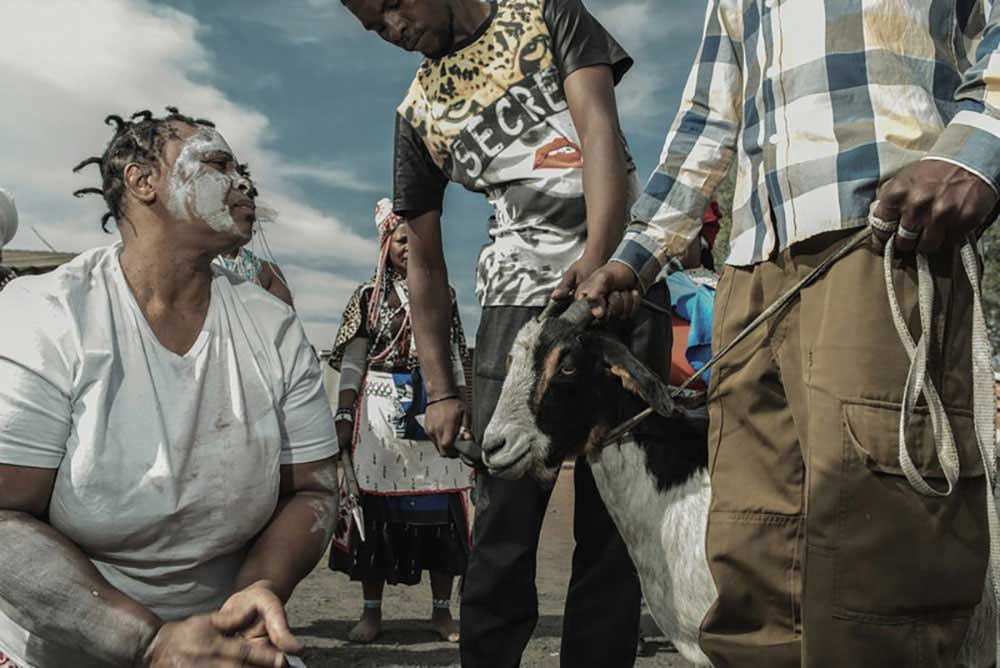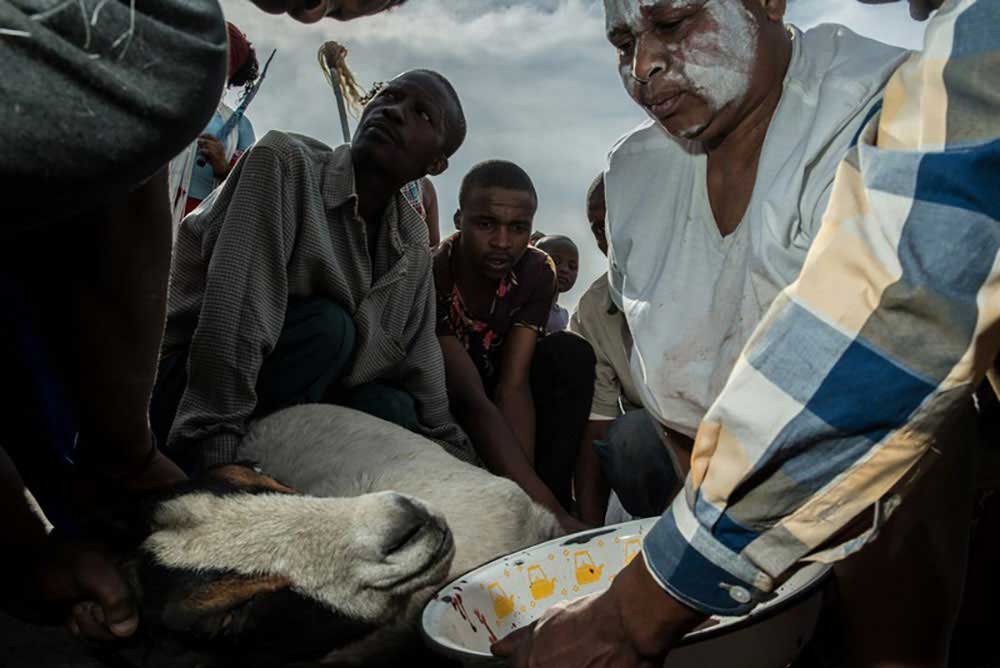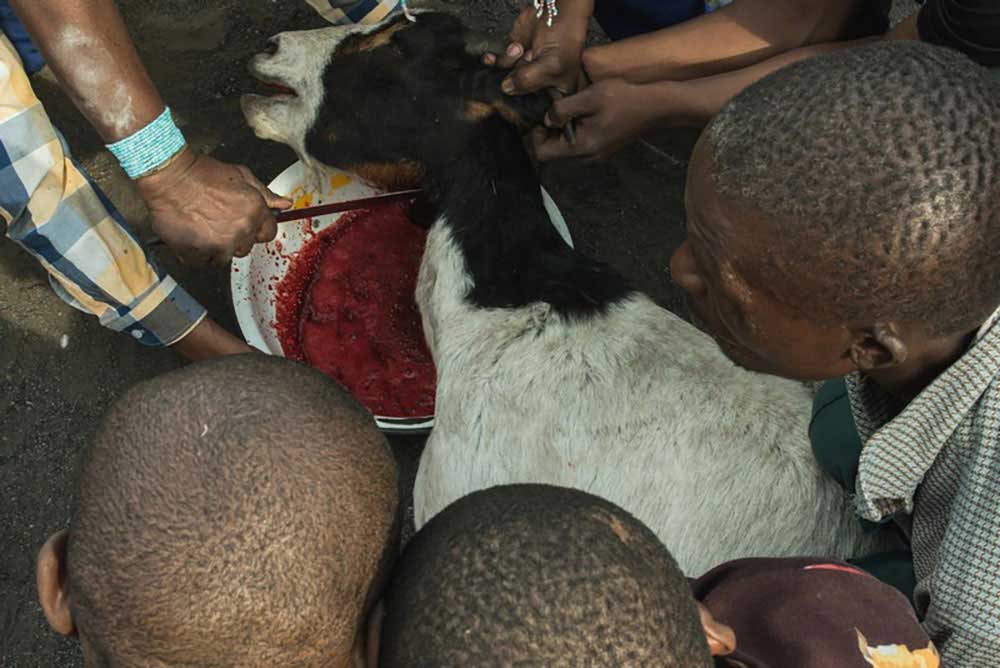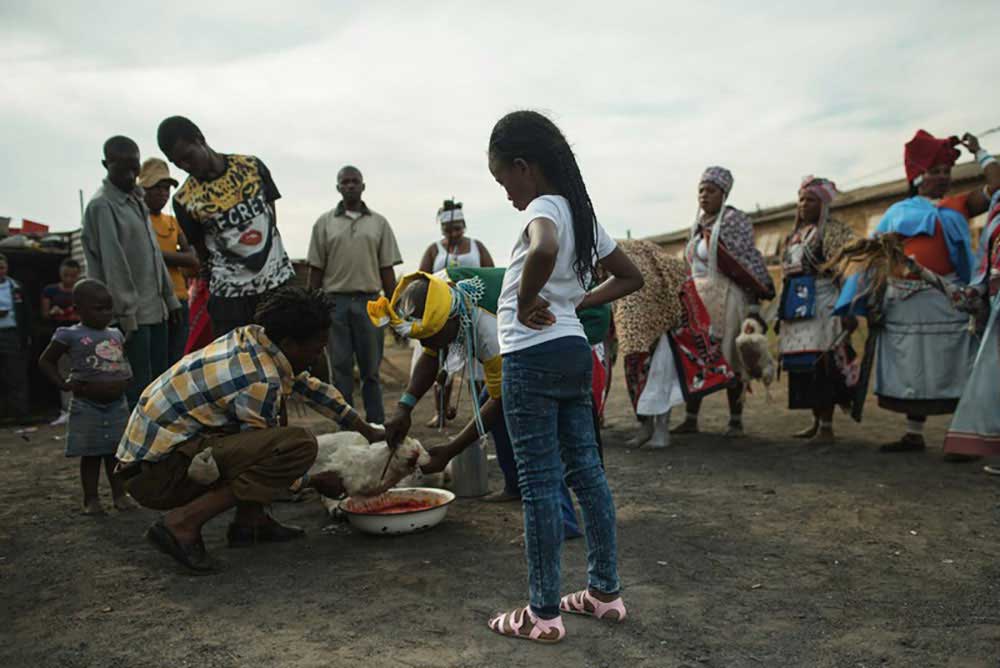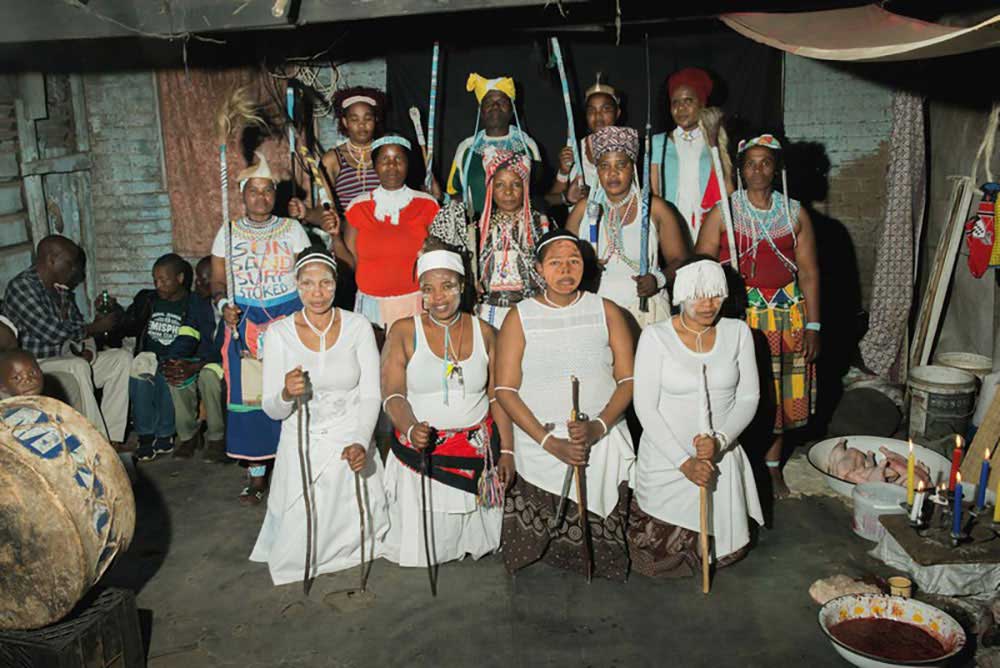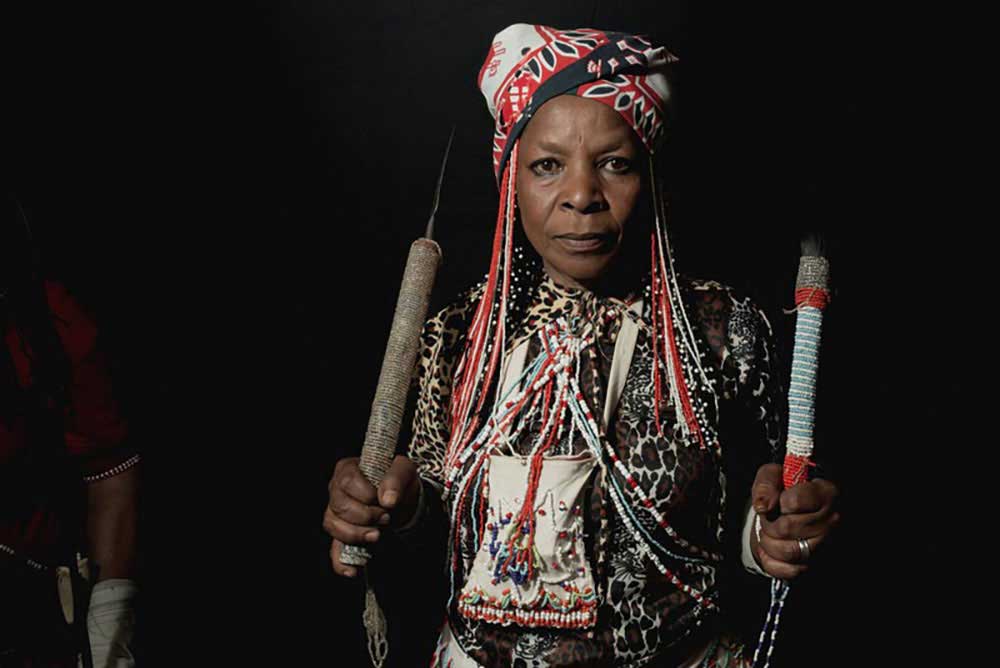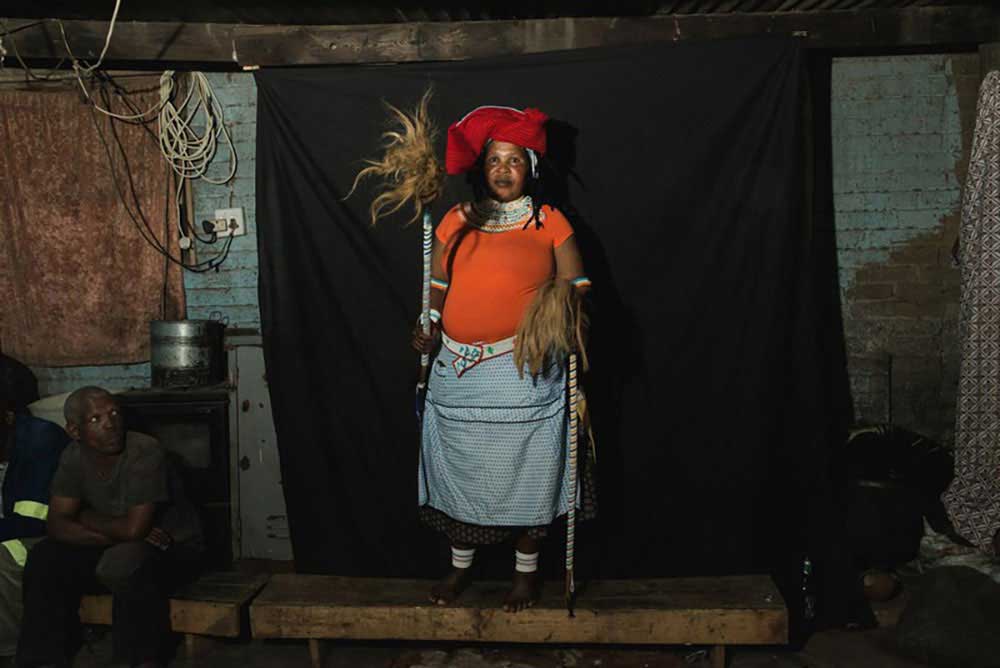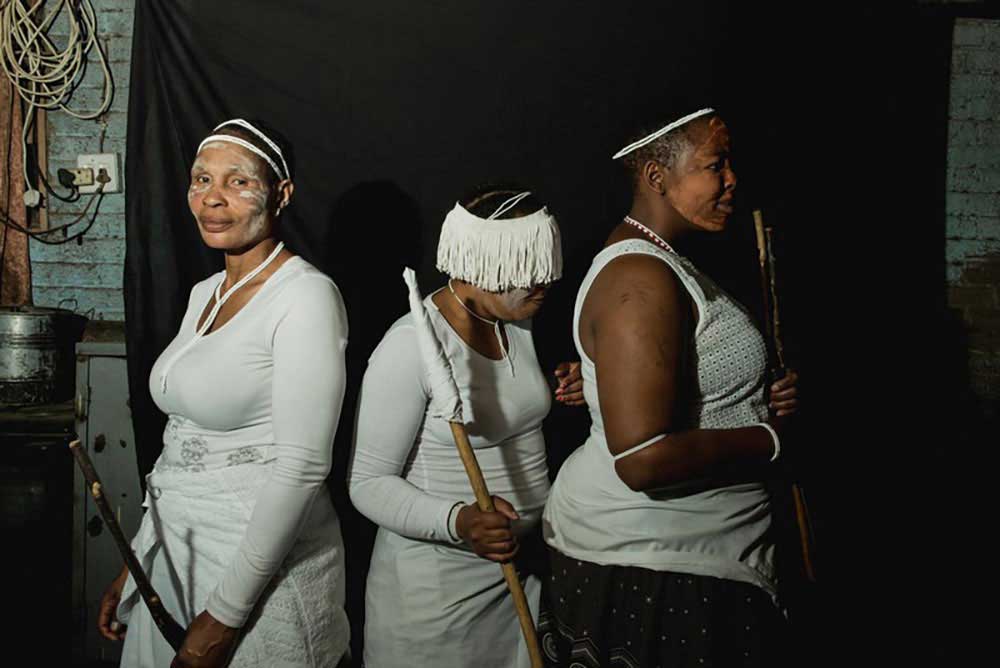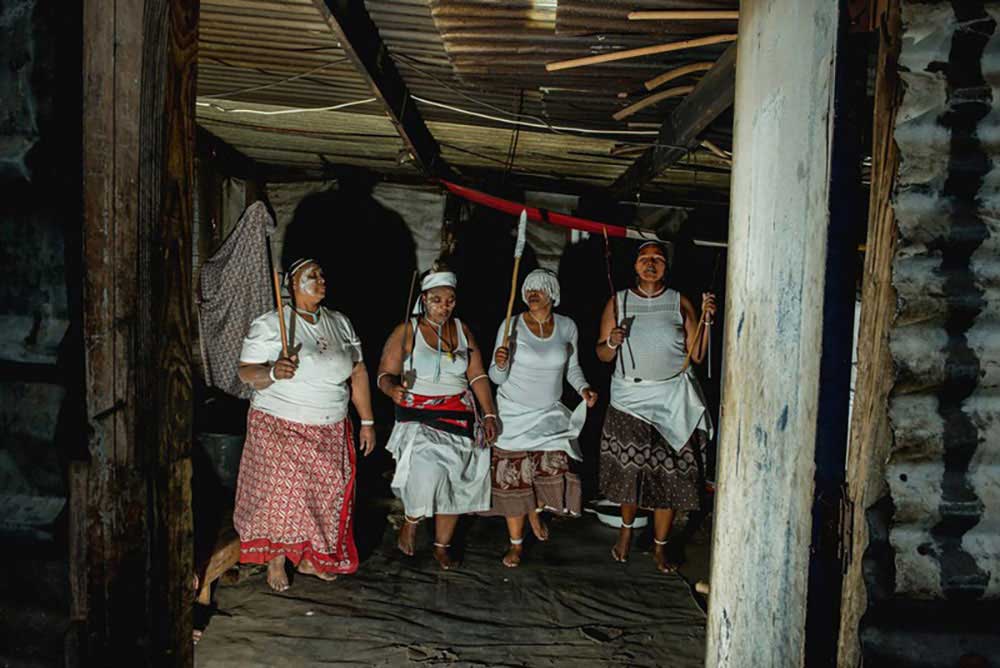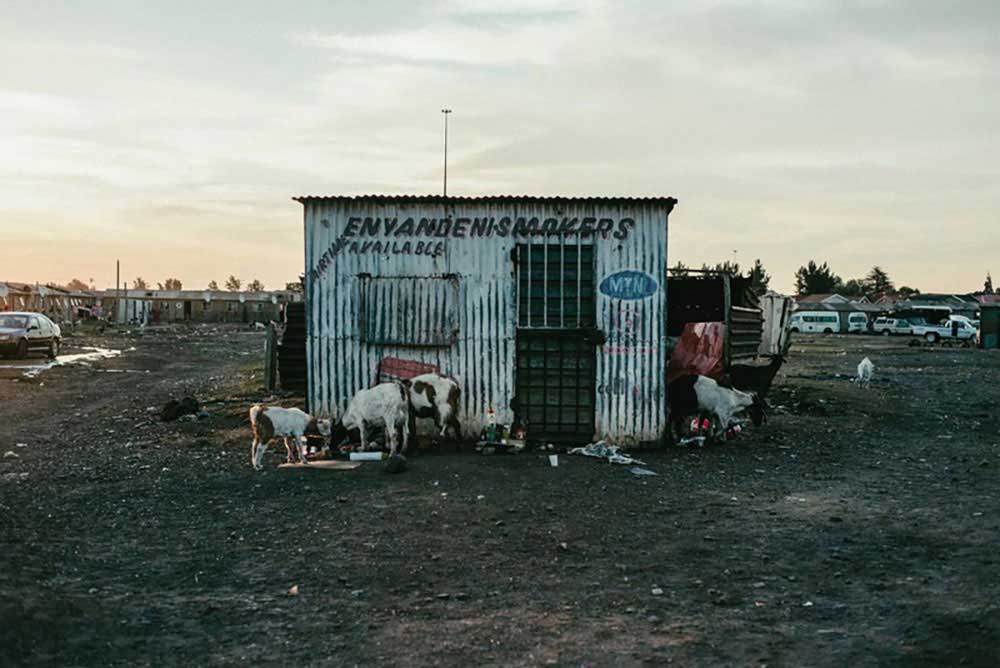Traditional healers are, even in today’s modern times, still highly respected and frequently consulted members of South African communities. Instead of referring to Western, mainstream health and healing practices, they practice traditional African medicine.
Despite modern science and innovative technologies in the health and pharmaceutical sector, traditional healing is still the most trusted approach in South Africa. Even today, there are approximately as many as 200 000 indigenous traditional healers in South Africa compared to 25 000 Western-trained doctors. Traditional healers are still consulted by 60% of the South African population and are highly trusted and respected in the communities.
Traditional healers don’t only fulfil a healing role in the community, but also social and political roles, due to their healing, medicinal and herbal knowledge, but most of all because of their divine connection with the ancestors. There are many different traditional healers in South Africa, from herbal healers to healers that focus on divination. Traditional healers that have a connection with the ancestors of the community or tribe are called sangomas. For harmony between the living and the dead, which is the key ingredient for a trouble-free life, sangomas believe that the ancestors must be shown respect through rituals and animal sacrifice. They perform summoning rituals and sacrifice animals to receive good fortune in return. They go in trance in order to receive messages about the future as well as guidance and advice from the ancestors. Sangomas are seen in South African communities as the link with the ancestors and ancient spirits, who can have a big influence on the well-being.
I was fortunate to follow Lucy Mbatha during her initiation to become a sangoma and to be able to practice traditional healing in her community. Lucy claims that she has received a vision from her ancestors, calling upon her to take the responsibility to become a sangoma. Before this vision she had never thought about being a sangoma. She sees this vision as her divine calling; something one cannot refuse. During the initiation, animals are sacrificed in order to give back to the ancestors and to drink the blood of the sheep while it is still warm and alive for supernatural powers. Meditation and trance dancing (dancing oneself into a trance) also play important roles to honour and respect the ancestors.
About Frank Trimbos
I focus on human interest documentaries and stories that are worth telling the world. An eye for detail and telling the story behind the observations play an essential role in this. In 2007 I started my professional career as documentary photographer at The Parool in Amsterdam, the Netherlands. I am currently based in Johannesburg, South Africa. Since I live in South Africa, I don’t have a shortage of topics for new series. Currently Africa is in motion, and the responses to this motion is determent for the direction the continent will take. This has a major impact on people’s lifestyles and how they view life and how they interact. This impact is both visible and tangible and manifests itself in various ways, which I want to capture with my photo series. [Official Website]


